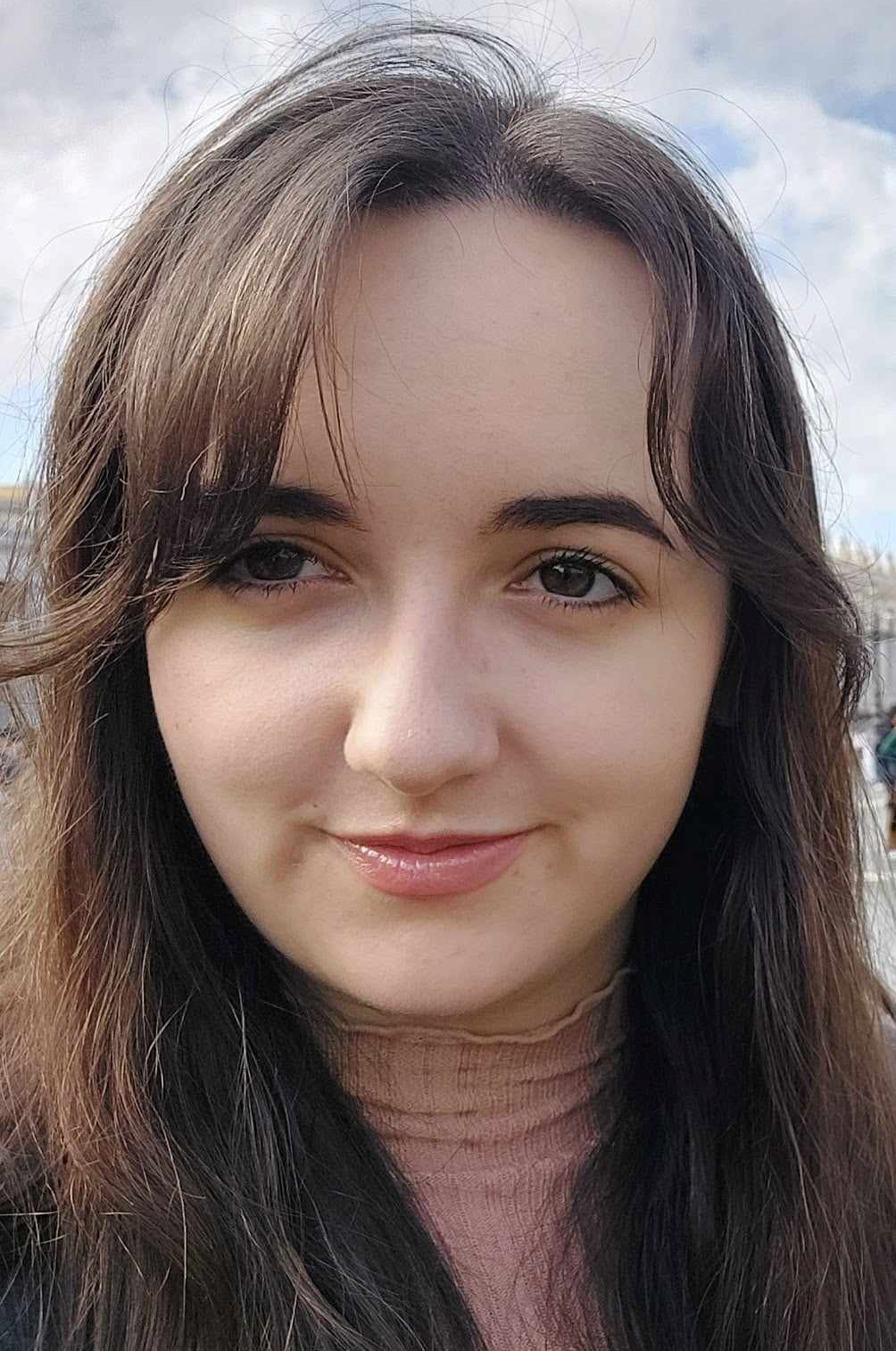Hope Irvine
Hope graduated with a BSc in Archaeology and is currently studying for an MRes and PhD.
About Hope
Current occupation: MRes and PhD CDT Geospatial Data Science Student, Newcastle University
Degree studied: Archaeology BSc
Studying Archaeology at Newcastle University
Why did you choose to study at Newcastle University ?
Newcastle University is a beautiful and very friendly historic city. Newcastle was the perfect choice for an Archaeology degree due to its proximity to so many historical sites, including Hadrian’s Wall, Tynemouth Priory and Castle, St Nicholas’ Cathedral, the Historic Quayside, Seaham’s St Mary the Virgin Church and various Roman Forts such as Vindolanda and Arbeia. Archaeology at Newcastle also ranks top 20 in the UK so you know you get a brilliant quality of education for the work you put in.
What did you enjoy most about your course?
You can tell that the lecturers are genuinely passionate about what they teach. It is obvious that they genuinely want you to do well, especially when you show an interest in a topic they research.
I particularly enjoyed the scientific modules such as an Introduction to Archaeological Science and Animal Bones. There is a wide range of topics to choose from, including Ancient Greece, The Byzantium, Ancient Rome and the Early Medieval Period in Britain. It was great that you got both the theoretical and practical archaeological skills, and it makes you realise just how broad the subject is. You get a broad overview of Archaeology but you definitely have the opportunity to specialise into a topic you enjoy and explore that in depth.

Archaeology is not just digging (although if that is what you enjoy- go for it!) it is a vast subject area with many different types of jobs
Where did you complete your work placements and how beneficial were these experiences?
I was lucky enough to have a few different types of work placement that gave me a very good overview into the world of Archaeology outside of the classroom. Firstly, I had an ongoing volunteering position with Tees Archaeology. With them, I have done multiple archaeological excavations and learned valuable excavation skills and techniques.
Secondly, I had a placement led by The Great North Museum: Hancock in tandem with Newcastle University. This included many fascinating Museum Management topics including archiving, public outreach, events planning, object handling, museum ethics, media and communications, school workshops and educational resource creation, documentation and data basing, gallery cleaning, conservation and the portable antiquities scheme (PAS).
I was very lucky to be able to undergo work experience with Northern Archaeological Associates. Here, I was able to get extensive training into the commercial post-excavation process. Many people may only think of digging or museums when they think of archaeology but the reality is that there is a whole field of post-excavation work that is open to archaeologists. Through this placement I was able to learn and participate in finds analysis, material identification, geological analysis, environmental sampling and flotation processing methods, archiving, electronic databasing, and GIS analysis of local sites.
The work experience that opened my mind to my current role was a summer scholarship leadership programme which was heavily focused on digital Archaeology. As my work became more data orientated, I also found a data training bootcamp with the National Innovation Centre for Data at Newcastle University. This was a particularly interesting experience as I was able to learn more about how businesses interacted with data, and surprisingly enough- Archaeology!
Please tell us about your current studies.
My remote sensing, spatial analysis and data background opened opportunities into surprising places. I was lucky enough to find a CDT (Centre for Doctoral Training) Geospatial Data Science course which included a fully funded MRes and PhD. This course meant I could continue my research into geospatial Archaeology for big-data in ancient landscapes.
My MRes currently involves mapping ancient open-surface canal irrigation systems in Southern Iraq. These systems have a long use chronology from ancient to modern times but are threatened by climate change and anthropogenic risk factors. My project examines traditional canal-irrigation systems and their landscape. It is important to study vulnerable historic agriculture especially if they are the sustainable alternative to modern methods. This method incorporates rescue archaeology, simply the act of recording and preserving what has been in the landscape, and identifying and potentially mitigating further threats and damage to these systems in the future.
How did studying BSc Archaeology at Newcastle University help prepare you for this?
Much of what I learned in my archaeology degree in terms of remote sensing, spatial analysis and the scientific method was directly relevant to modules in my CDT course. I also believe that skills gained from my placements were invaluable in developing the skills I need to operate in my current course. This is specifically true for public outreach, ethics, and customer lead business data skills. These skills from my work experiences were very relevant to for this, and allowed me to navigate professional environments effectively whilst producing valuable solutions.
What advice would you give to new students?
My best advice is get as much experience as you can, understand that archaeology is not just digging (although if that is what you enjoy- go for it!), it is a vast subject area with many different types of jobs. You should develop skills, not just knowledge, that makes you employable in a vast array of places.
You can find Hope's CDT profile page here
